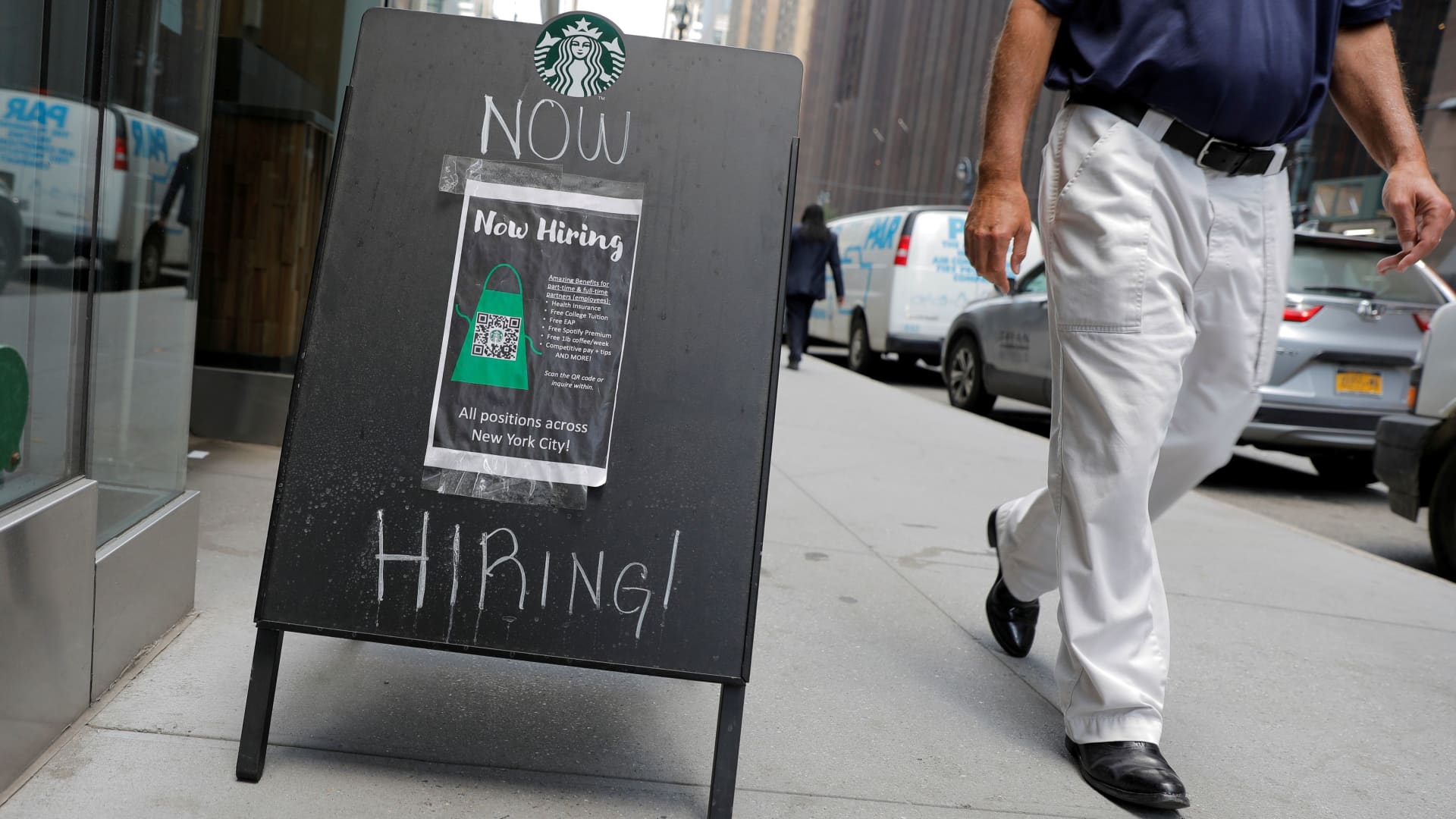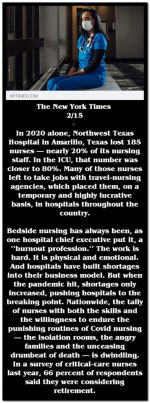Look, if you want to make the argument that old habits die hard, I would agree. You are talking about a populace that had been trained for decades that the ER was thier best choice to get care, for the very reasons that I provided earlier. To think that they would simply start thinking that urgent cares were the best course of action was misplaced....not to mention that there are a lot of these urgent cares that still only take government insurance for certain things, so one can't simply walk in and expect the same level of care they can from an ER.
I never said they were there for the same level of care as an ED. However the example you provided they would be sufficient. If you have a complex injury or condition then yes, you need an ED. More to my point, the vast majority of patients in the US don't care. If they go to the ED, Urgent Care, or Oregon Trail it, they are all going to cost them the same, zero. The only people who actually care about this are those with private insurance. If I got to the ED it costs me a lot more money than Urgent Care or a physicians office, I have motivation to think before I get in the car. The person on medicare, medicaid, or exchange? Not so much.
Then why was there a thread here not long ago about the poor poor doctors who spend some much time and money getting educated to do the job who can't pay back the loans because they aren't making enough?
Take that up with the OP there, it is inaccurate. Again, a career working in and around healthcare. I have watched, and helped, hundreds of physicians get their loans paid off by someone else through a variety of programs.
Who said anything about "another nickel"? Its the nickels they are currently charging for services that we are disputing here. There are plenty of nickels being taken in, since a vast majority of for profit health entities are making money hand over fist. If the docs aren't being paid by said entities, then the problem is on that, not what is being charged for services.
Your implication is that physicians are setting prices and/or providing services to enrich themselves. Inaccurate.
Bull.
I can point to one entity that turned a decent bit more profit last year than the year before, and they attribute it to adding Medicare Advantage customers to the roles. They aren't the only ones, but I'm not in the habit of walls of text. UnitedHealth Group disproves your bullshit, and as I pointed out, they are but one company making more money because of government covered people than they were before.
https://www.healthcarefinancenews.c...up-earned-173b-2021-according-earnings-report
You seem to struggle with understanding how these businesses are working.
First, understand that you are referring to a company that had ~$225B in gross revenue and $12B in net profits. That is a ~5.6% net profit rate. That's awful, in any business. Public utilities have margins far higher than that.
Second, I don't think you understand why Medicare Advantage plays into this. UnitedHealth is making money by being more efficient than CMS by taking a set capitation rate per patient from the federales and then spending less than that on care for them through a variety of methods. Basically the federal government is giving them the $10/per head they would spend and UNH is managed to do it for $9.20/head. This is an *insurance* function, not a function of the *provision* of care.
Lastly, the point I am making is that when a medicare patient receives a service at a doctors office, facility, or hospital the reimbursement tends to average 94-96% of the *cost* of that care, far less in private practices. I am not sure how old you are, but you certainly know older folks. Ask them how easy it is to find a physician who is accepting new medicare patients. It just doesn't happen, why do you think that is? In my area (Nashville) a level 4 medicare visit in a private practice reimburses somewhere around $85. That's $85 for ~40 minutes of time with a physician. There is absolutely no way that doctor isn't losing money on that. Compare that to BCBS for the same code, you are looking at more than double that number.
Not trying to be a jerk, but you are conflating a couple issues and this is solidly my wheelhouse.






